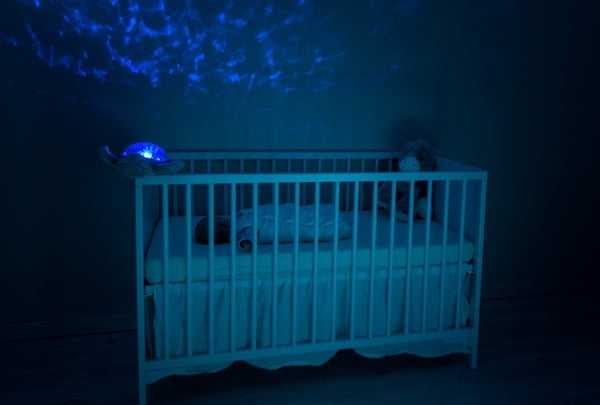As a parent, you may have experienced the joy of finally getting your child to sleep through the night. But just when you thought you had it all figured out, your child's sleep pattern suddenly changes, and they start waking up frequently during the night. This sudden change in sleep pattern is what is known as sleep regression.
What is Sleep Regression?
Sleep regression is a period when a child's sleeping pattern suddenly changes. It can occur at any age, but it is more common in babies and toddlers. Sleep regression can last for several weeks or even months. During this time, your child may start waking up frequently at night, resisting going to bed, or taking shorter naps.
Signs of Sleep Regression
If your child is experiencing sleep regression, there are several signs to look out for. These include:
- Increased night waking: Your child may start waking up frequently during the night.
- Difficulty falling asleep: Your child may struggle to fall asleep, even when they are tired.
- Shorter naps: Your child may start taking shorter naps during the day.
- Increased fussiness: Your child may become more irritable and fussy during the day.
Sleep Regression Stages
There are several stages of sleep regression, which occur at different ages. Here are some of the most common stages:
- 4-month sleep regression
- 6-month sleep regression
- 8-month sleep regression
- 12 month sleep regression
- 18-month sleep regression
- 2-year-old sleep regression

4 Month Sleep Regression
This stage occurs around 4 months when your baby's sleep cycle changes, and they start waking up frequently.

6 Month Sleep Regression
At 6 month sleep regression, your baby may start teething, rolling over, or sitting up, which can affect their sleep.

8 Month Sleep Regression
At this stage, your baby may start crawling, standing, or walking, which can disrupt their sleep pattern.
Manage Sleep Regression with Ease.
Embrace peaceful nights with BABYDEEPSLEEP®, designed to help parents navigate sleep regressions effortlessly.
Join thousands of satisfied parents and experience the difference.

12 Month Sleep Regression
During 12-month sleep regression your baby went through physical and cognitive development.

18 Month Sleep Regression
At this stage, your toddler may start experiencing nightmares or night terrors, which can cause them to wake up crying or screaming.

2 Year Old Sleep Regression
During this stage, your child may start experiencing separation anxiety, making it difficult for them to fall asleep or stay asleep.
Tips for Coping with Sleep Regression
Coping with sleep regression can be challenging, but here are some tips that can help:
- Stick to a routine: Establish a consistent bedtime routine to help your child know when it is time to sleep.
- Create a calming environment: Make sure your child's bedroom is quiet, dark, and comfortable.
- Comfort your child: If your child wakes up crying or fussing, comfort them with soothing words and gentle touch.
- Be patient: Remember that sleep regression is temporary and that it will eventually pass.
- Ask for help: If you are struggling to cope with sleep regression, don't be afraid to ask for help from friends, family, or a healthcare professional.
In Conclusion
Sleep regression is a common experience for many parents, and it can be challenging to cope with. By understanding what sleep regression is, the different stages, signs, and tips for coping with it, you can help your child get through this period and get back to a healthy sleeping pattern. Remember to be patient and seek help if you need it, and soon enough, your child will be sleeping soundly through the night once again.
